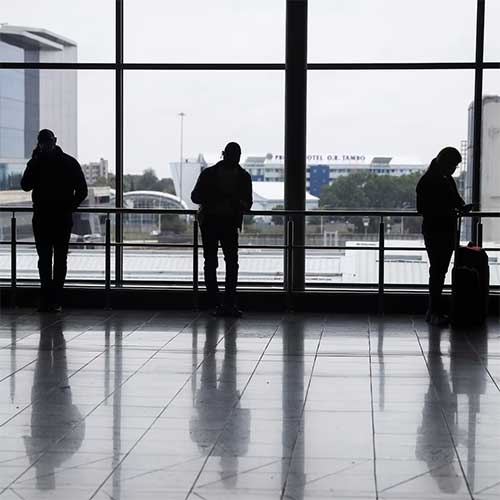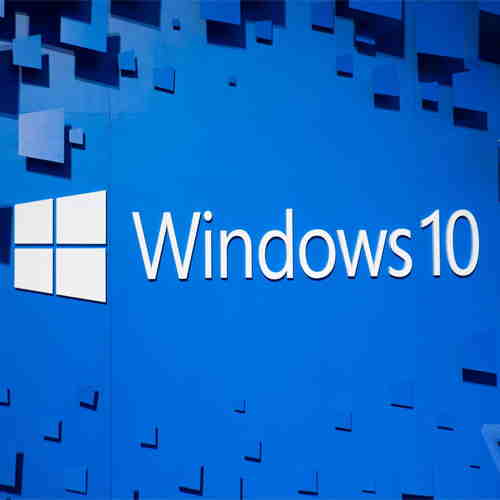
The government deployed a dedicated fact-checking team under the PIB to monitor social media, identifying and flagging fake news, altered visuals, and misleading narratives that misrepresented Operation Sindoor or targeted the Indian Armed Forces
In a major effort to combat online misinformation and hostile narratives, the Indian government took down over 1,400 URLs during Operation Sindoor, Union Information and Broadcasting Minister Ashwini Vaishnaw informed the Lok Sabha on Wednesday (July 30).
The move targeted digital content largely originating from Pakistan-based social media accounts, many of which were allegedly involved in spreading disinformation against India. According to Vaishnaw, the blocked URLs featured false claims, inflammatory posts aimed at the armed forces, and communally sensitive material designed to create unrest.
The URLs were blocked under provisions of Section 69A of the Information Technology Act, 2000, which authorizes the government to restrict access to digital content that threatens the country’s sovereignty, national security, or public order.
In addition to restricting malicious online content, the government also issued advisories to media organizations, urging them to avoid broadcasting live footage of defence activities and troop movements during the operation. The advisory emphasized operational secrecy and the safety of military personnel.
Control centre led information response
A 24-hour control centre was activated for the duration of Operation Sindoor, facilitating real-time coordination among the Indian Army, Navy, Air Force, Press Information Bureau (PIB), and other key government departments. This joint unit managed media briefings and ensured that verified information reached the public without delay.
The government also deployed a dedicated fact-checking team under the PIB to track and counter disinformation on social media platforms. This team identified and flagged manipulated videos, fake news articles, and misleading images, particularly those portraying false narratives around the operation or misrepresenting the actions of Indian forces.
To counter the spread of misinformation, the PIB fact-check cell regularly issued clarifications and circulated fact-based corrections to media outlets and the public. The minister stated that such rapid response efforts are essential in preventing the weaponization of digital platforms during sensitive operations.
The government’s digital response underscores its broader strategy to tackle information warfare and preserve internal stability during national security events.
See What’s Next in Tech With the Fast Forward Newsletter
Tweets From @varindiamag
Nothing to see here - yet
When they Tweet, their Tweets will show up here.




























